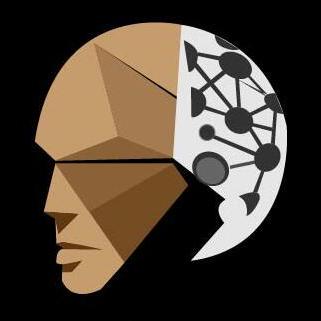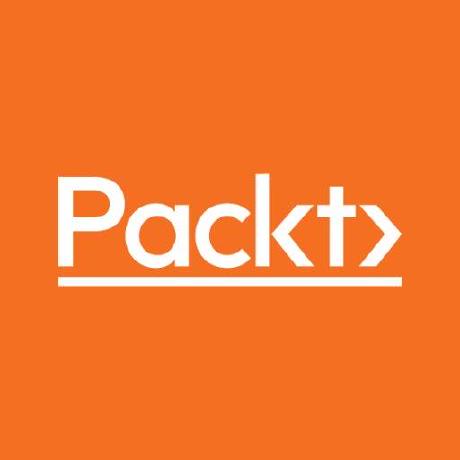Discover and explore top open-source AI tools and projects—updated daily.
RLSeq2Seq by  yaserkl
yaserkl
Research paper code for sequence-to-sequence models using deep reinforcement learning
Top 45.6% on SourcePulse
This repository provides a framework for applying Deep Reinforcement Learning (RL) techniques to sequence-to-sequence (seq2seq) models, primarily for abstractive text summarization. It addresses common seq2seq challenges like exposure bias and train/test inconsistency by integrating RL methods. The target audience includes researchers and practitioners in NLP and deep learning looking to leverage RL for improved seq2seq performance.
How It Works
The framework implements several RL approaches for seq2seq tasks, including Scheduled Sampling (with hard/soft argmax), End-to-End Backpropagation, Policy-Gradient with Self-Critic, and Actor-Critic methods using DDQN and Dueling Networks. These RL techniques aim to optimize seq2seq models directly for task-specific metrics (like ROUGE scores) rather than relying solely on maximum likelihood estimation, thereby mitigating exposure bias and improving generation quality.
Quick Start & Requirements
- Install:
pip install -r python_requirements.txt - Prerequisites: Python 2.7, TensorFlow 1.10.1, CUDA 9, Cudnn 7.1.
- Data: Requires pre-processed CNN/Daily Mail or Newsroom datasets. Helper scripts are provided for downloading and preprocessing.
- Documentation: arXiv paper
Highlighted Details
- Implements various RL strategies: Scheduled Sampling, Policy-Gradient (Self-Critic), and Actor-Critic (DDQN).
- Supports attention mechanisms: temporal attention and intra-decoder attention.
- Offers options for different training regimes: MLE, RL, and combined MLE+RL.
- Includes detailed command-line examples for training and evaluation of different models.
Maintenance & Community
The project is marked as "no longer actively maintained." Contributions are welcome via pull requests.
Licensing & Compatibility
- License: MIT License (as indicated by the PyPI badge, though the
LICENSE.txtfile is not directly linked). - Compatibility: Requires older versions of TensorFlow (1.10.1) and Python (2.7), which may pose compatibility challenges with modern systems.
Limitations & Caveats
The project explicitly states it is "no longer actively maintained." The reliance on outdated TensorFlow (1.10.1) and Python (2.7) versions presents significant adoption hurdles and potential compatibility issues with current hardware and software ecosystems.
2 years ago
Inactive

 dunnolab
dunnolab vy007vikas
vy007vikas philtabor
philtabor ericyangyu
ericyangyu pfnet
pfnet floodsung
floodsung allenai
allenai astooke
astooke deependersingla
deependersingla andri27-ts
andri27-ts ikostrikov
ikostrikov PacktPublishing
PacktPublishing